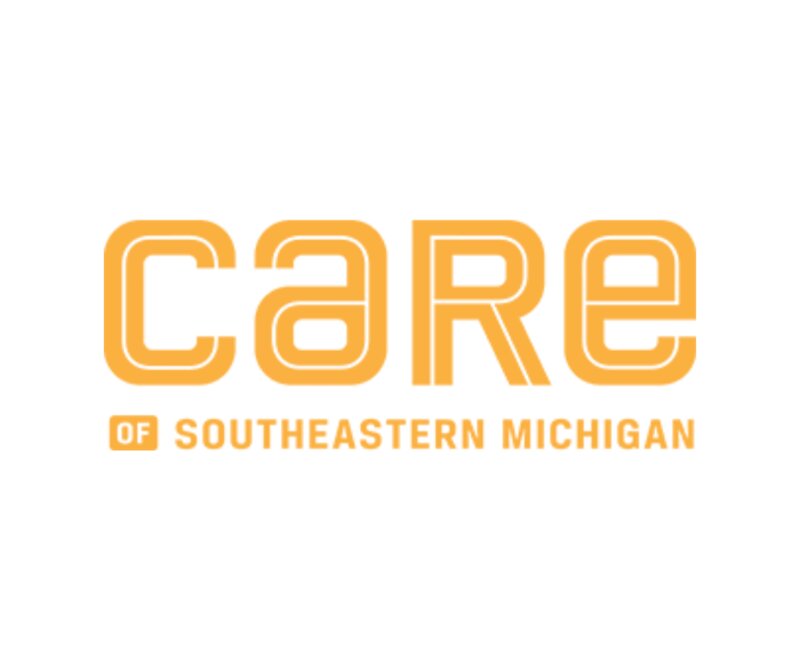
July 15, 2020
New CEO takes over CARE of Southeastern Michigan
By: Nick Mordowanec | Fraser - Clinton Township Chronicle | Published July 6, 2020 FRASER — CARE of Southeastern Michigan has a new president and CEO — Susan Styf. Susan Styf Styf t

By: Nick Mordowanec | Fraser – Clinton Township Chronicle | Published July 6, 2020
FRASER — CARE of Southeastern Michigan has a new president and CEO — Susan Styf.

Susan Styf
Styf took over the organization July 1 for Monique Stanton, who recently left the organization after initially joining it in the mid-2000s and became its CEO in 2012. She and her husband are moving to St. Louis due to his acute care trauma fellowship.
Styf, who previously operated as CARE’s chief operating officer, has been with the organization for four years and will continue to oversee the growth and development of organizational and program areas, including parenting support, family crisis, substance abuse disorders, mental health and workplace programs.
Debbie Smith, the chairperson of the CARE Board of Directors, was part of the committee that conducted the search for Stanton’s replacement.
Smith said the process began in February with an ad-hoc committee predicated on conducting the first set of interviews. She said responses for the position were vast, with CARE receiving a big scope of resumes from individuals with developmental backgrounds, candidates from out of state and financial officers.
After speaking to a handful of candidates, three were brought in for interviews.
“(Styf) had the best experience out of anyone we interviewed, even if she didn’t work for CARE for four years,” Smith said, referring to the new CEO’s behavioral, nonprofit and community relationships. “She fit what we were looking for.”
Styf has a bachelor’s degree in psychology from Miami University, in Ohio, and a master’s degree of social work from the University of Michigan. She holds licensing and accreditation as a licensed master social worker, certified advanced alcohol and drug counselor, certified employee assistance professional and a certified clinical supervisor.
She said she is gracious for the opportunity to continue CARE’s efforts into the future, but called the promotion “bittersweet” due to the friendship and partnership cultivated with Stanton.
In addition to starting 16 new programs in her four years, Styf said CARE has become “a more trauma-informed organization.” In addition to part of the National Council for Behavioral Health, Styf said it means making sure staff can communicate with people affected by trauma — such as working with parents at risk of losing their own children, due to abuse, substance abuse or neglect.
“It increases our skill set to engage and work with people and help and engage in services,” Styf said.
While Styf has a continued focus on programming and internal operations, she is looking to incorporate more integrated healthcare in alignment with primary care, like treatment services for those with substance use disorders.
Alcohol remains the No. 1 presenting substance for abuse, Styf said. CARE tracks work in emergency departments on that front. Opioids still remain a “huge problem,” with medical complications that require a “specialized approach.”
Stepping into the role during the COVID-19 pandemic is admittedly difficult. However, the organization has spent the past four years shifting to a tech-savvy service model.
“Our services are engaging in person; the barrier of the quarantine makes it more difficult,” she said.
Stanton said that due to Styf’s experience with substance abuse, mental health, trauma and employee assistance services, she knows she is leaving CARE “in wonderful hands.”
Looking back on her own tenure as CEO, Stanton said she is most proud of the way CARE grew and adapted with the community served — most evident through peer recovery services, which started shortly after she took over as CEO.
Such services have “grown exponentially,” now having bigger staffs and budgets. Work is done in the realm of stigma reduction, for those actively using substances or family members of users. Stanton said it really shows people can and do recover, can gain employment and be productive members of society.
“I think what’s remarkable about peer recovery work, we’re really focused on the voice of recovery and removing the stigma that’s so much attached to addiction,” Stanton said.
The opioid epidemic the past five or so years brought on what she coined a “shift” in how addicts are approached and treated, leading to more openness to medically-assisted treatment, like Naloxone. A decade ago that was “maybe considered more controversial.”
She added that the Affordable Care Act and Medicaid expansion “massively changed the landscape” of access and reduced waiting lists for those who need it most.
“We knew the longer that people waited to get into treatment, it decreased the likelihood they’d get into treatment,” she said.
The pandemic has also revealed the importance of dialogue and recognizing what people are going through at home, in many cases by themselves, behind closed doors. That conversation wouldn’t have existed just five years, she said.
A future in consulting or advocacy may be in Stanton’s future. She is expected to remain in St. Louis for about one year.
Share This Story, Choose Your Platform!
Marx Layne is your competitive advantage.
Your reputation and success are our only concerns.
